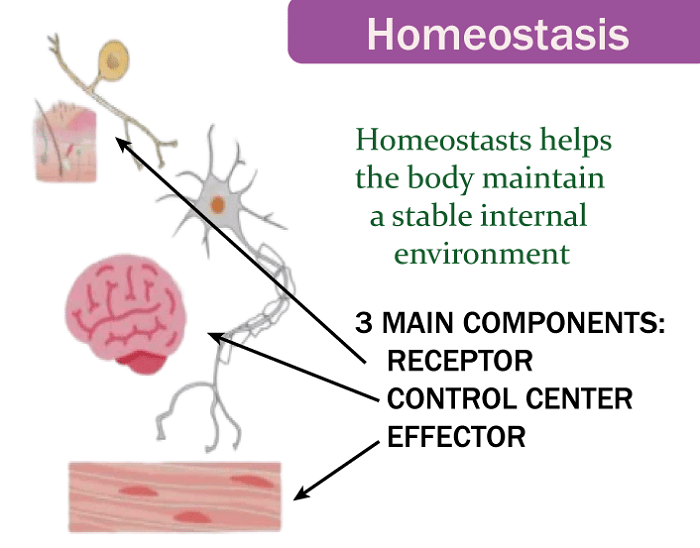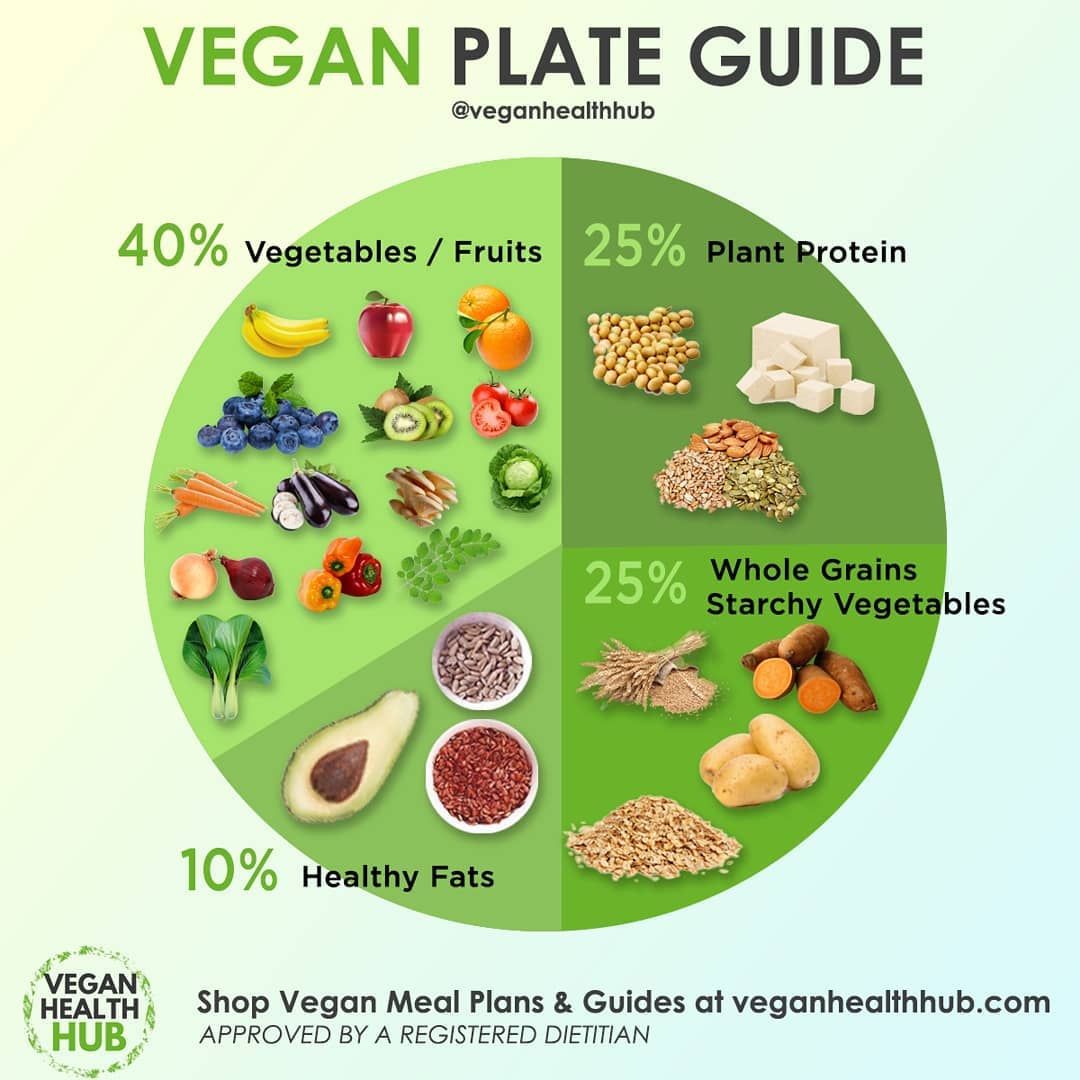[ Envirowatchers ] [ Main Menu ]
18684
From: The Hierophant, [DNS_Address]
Subject: 'Global boiling has arrived'
|
nope, nothing to see or feel here - move along now. Everything is as it is 'supposed to be'...Nothing unusual at all.........Humans haven't done anything to contribute to this all.........NOT!! When will the climate change deniers start figuring this out? Hot, hotter, hottest. July will end up as the Earth's hottest month on record, and quite possibly the hottest single month in some 120,000 years, scientists reported Thursday. "We don’t have to wait for the end of the month to know this. Short of a mini-Ice Age over the next days, July 2023 will shatter records across the board," United Nations Secretary-General António Guterres said Thursday. The report was published by the European Union’s Copernicus Climate Change Service and the World Meteorological Organization, the United Nations' weather agency. Final data will be available in early August. July has seen deadly, record-breaking heat waves across much of North America, Asia and Europe, along with devastating heat-driven wildfires in southern Europe and in Canada. The heat has also had major impacts on people’s health, the environment and economies, the U.N. weather agency said in a statement. "According to the data released today, July has already seen the hottest three-week period ever recorded; the three hottest days on record; and the highest-ever ocean temperatures for this time of year," Guterres told journalists at U.N. headquarters in New York. The global average temperature for the first 23 days of July was 62.51 degrees, breaking the record of 61.93 degrees, which was set in July 2019. "To say that global temperatures in July have been exceptional is an understatement," tweeted Zeke Hausfather of Berkeley Earth on Thursday. "The month is on track to shatter the prior July record by a massive margin, and be the warmest month in terms of both absolute temperatures and anomalies." Hausfather also said that 2023 will "more likely than not" be the warmest year on record. Will July 2023 be the hottest month in 120,000 years? “We may have to go back thousands if not tens of thousands of years to find similarly warm conditions on our planet," Leipzig University climate scientist Karsten Haustein told reporters at a media briefing this week. In fact, based on climate data obtained from ice cores, tree rings and other sources, it could be the hottest month in some 120,000 years, he said. Haustein did his own calculations and also found that July 2023 would be the hottest single month on record, noting that "we are in absolutely new record territory.” Scientists say that such shattering of heat records is a harbinger for future climate-altering changes as the planet warms due to the burning of fossil fuels such as oil, coal and natural gas. Those changes go beyond just prolonged heat waves and include more flooding, longer- burning wildfires and extreme weather events that put many people at risk. “Climate change is here. It is terrifying. And it is just the beginning,” Guterres told reporters. “The era of global warming has ended; the era of global boiling has arrived.” |
18685

From: Eve, [DNS_Address]
Subject: Re: 'Global boiling has arrived'
|
ho·me·o·sta·sis: the tendency toward a relatively stable equilibrium between interdependent elements, especially as maintained by physiological processes. chill (informal; north american) "very relaxed or easygoing". IMO it's never too late to embrace and live a personal vegan chill spirt even if everyone does not go there because it is an action of true repentance to the highest spiritual power in the universe who created LIFE. IMO if everyone does not go there no matter the age of thier vessel it's thier own accountability on a soul level as each of us is to guard our soul...or not...Peace on the plate is a personal choice.  |
18686
From: The Hierophant, [DNS_Address]
Subject: Re: 'Global boiling has arrived'
|
so............this is related to global human climate change how...........??? I mean, everything we as humans do, will cause emissions - growing all those veggies and then processing them and then trucking them to their destinations and then trucking them to the landfills....all that contributes. |
18687
From: Eve, [DNS_Address]
Subject: Re: 'Global boiling has arrived'
|
When such is added by consuming dead animals and the soy to feed them cause deforestation and more trucking and more landfill waste it makes everything worse...plant based does not require more deforestation and more fossil fuel green house gas making ...best way to increase the peace on the plate diet is to consume more fresh vegetables...eat more fruits, and seeds. There are a lot of plant based recipes one can use fresh in as well as use organic canned products as well as rice and so on and enjoy. Thats my short on it, receive it or not...probably not which is okay it's your choice and I am not for taking your choice from you even by way of man made vote as I don't believe in that either. Best way I can say it today...if folks have receiving or understanding programmed blockages I can't cut through that for them ...it's the work I have been given to try of which I was told I will not be believed not told I cannot try...it's just who I am as I believe there is always Hope, true hope nothing otherwise for me. |
Responses:
[18695]
18695
From: The Hierophant, [DNS_Address]
Subject: Curious your take on this one
URL: https://www.bbc.com/future/article/20200211-why-the-vegan-diet-is-not-always-green
|
The vegan diet is widely regarded to be better for the planet than those that include animal products, but not all plant-based foodstuffs have a small environmental footprint. It has all the makings of a delicious smoothie – a dollop of almond butter, an avocado, a few slices of mango, a handful of blueberries, a sprinkle of cocoa powder and perhaps a glug of soya milk. As a tasty, vegan-friendly drink to start your day, it is packed with nutrients and will do wonders for your health. But it may be doing far less good for the planet. There is no doubt that meat – beef in particular – makes an unsurpassable contribution to the planet’s greenhouse gas emissions. It also devours more land and water and causes more environmental damage than any other single food product. The recent rigorous report by the EAT-Lancet Commission recommends reducing our consumption of animal products to not only benefit human health, but the health of our planet. Even the “greenest” sources of meat still produce more greenhouse gases than plant-based proteins. But anyone looking to adopt a vegan or vegetarian diet for environmental reasons may also want to consider whether there are some plant-based foods that also come with a heavy price. “Nothing really compares to beef, lamb, pork, and dairy – these products are in a league of their own in the level of damage they typically do to the environment, on almost every environmental issue we track,” says Joseph Poore, a researcher at the University of Oxford who studies the environmental impacts of food. “But it’s essential to be mindful about everything we consume: air-transported fruit and veg can create more greenhouse gas emissions per kilogram than poultry meat, for example." Delicate fruits like blueberries and strawberries, for example, are often imported to Europe and the US by air to fill gaps left when local fruit are out of season. Research by Angelina Frankowska, who studies sustainability at the University of Manchester, recently found that asparagus eaten in the UK has the highest carbon footprint compared to any other vegetable eaten in the country, with 5.3kg of carbon dioxide being produced for every kilogram of asparagus, mainly because much of it is imported by air from Peru. She and her colleagues found, in fact, that the succulent green stalks have the largest environmental footprint of any of the 56 vegetables they looked at, including its land use and water use (which was three times greater than the next highest). Without carefully considering where our food comes from and how it is grown, our diets can have unintended consequences. Take the strange case of two vegans in an Italian study who were found to have an environmental impact considerably higher than many meat-eaters. When the researchers dug a little further, they discovered the pair exclusively ate fruit. “They ate a huge quantity of fruits,” explains Francesca Scazzina, an expert on human nutrition at the University of Parma, Italy. “In fact, I remember [it was] 7-8kg (15.4 to17.6lb) per day of fruit. We collected their data in the summer so they especially ate watermelons and cantaloupes.” The water, land and carbon footprint of growing and transporting such large, perishable fruit meant the environmental impact was far larger than they had expected. Once the data from all 153 vegans, vegetarians and omnivores in the study was taken into account, however, it showed that eating meat was on average worse for the environment. But there are other general points to consider when we think about food crops that can drive up the environmental impact. Artificial fertilisers, for example, account for at least 3% of global greenhouse gas emissions, according to the industry. The production of synthetic fertiliser emits carbon dioxide (CO2) and methane into the atmosphere, while their use on fields releases nitrous oxide, another potent greenhouse gas. Agricultural practices such as the tilling of fields also releases large volumes of greenhouse gases into the atmosphere and helps to speed up erosion. These all combine to differing degrees depending on the crop, but there are clearly some plant-based foods that have a disproportionate impact on the environment. Here BBC Future takes a look at some of the worst offenders:" AND IT IS AT THIS POINT you need to read entire article- there were quite a few listed |
Responses:
None
[ Envirowatchers ] [ Main Menu ]